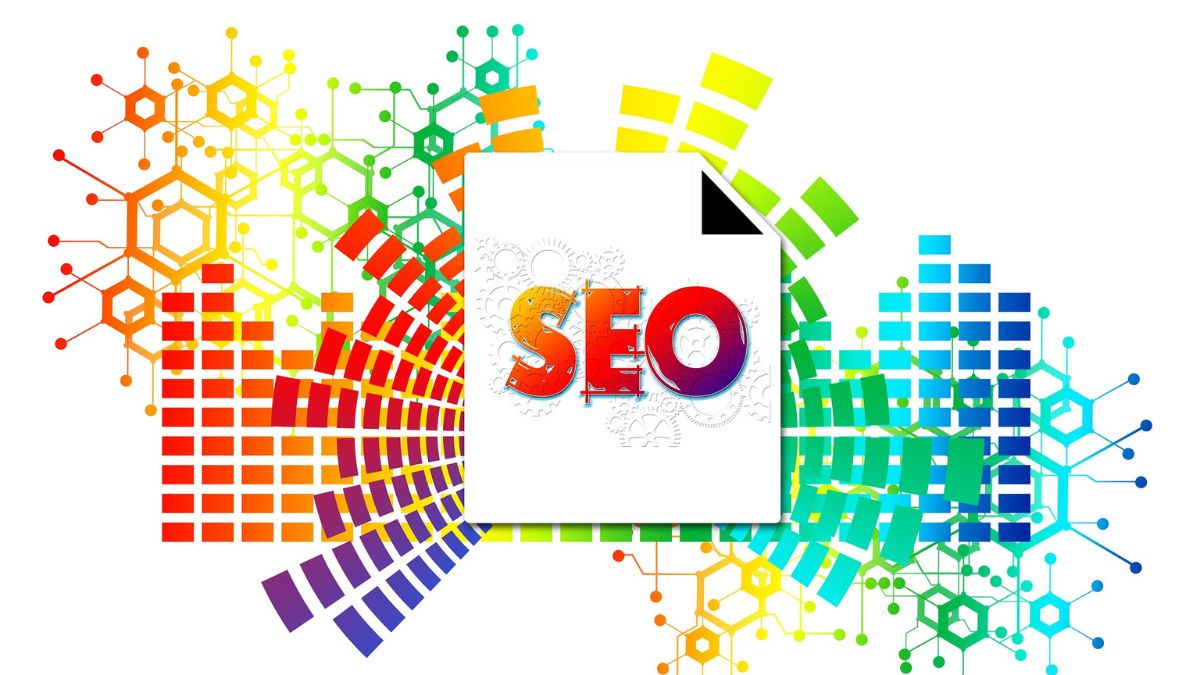Authors have a lot to say, and a website to say it on. Author-websites are a great way to connect with readers, promote your work, and build a relationship with your audience. As an author, it’s important to understand the website features so you can select the right elements for your author-website. There are website templates, blog sites, and e-commerce stores, so it’s up to you to figure out which is best for your author persona and project. Once you have a good understanding of the author-website concept, it will be an effortless task to create one for yourself, which will be efficient and will give the best results.
What is an Author-Website?
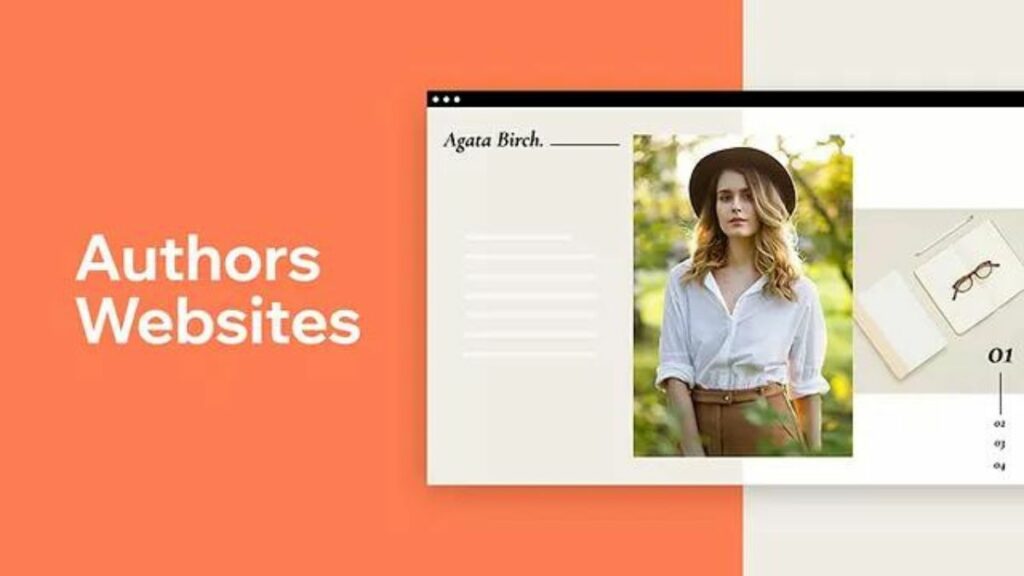
Whether you’re an author or just thinking of becoming one, having a website is essential. A website is your office address on the internet—it’s where people can find out more about you and your work, buy your books, and contact you. There are different author-websites out there, but this blog discusses the essential elements that every author-website must have. Also, there is a probable list of a few optional elements which can vary case to case. So read on to learn everything you need to know before you create your author-website!
Why have an Author-Website?
There are many reasons to why having an author-website is beneficial. Foremost, it helps to promote and sell books. You can do this through various marketing efforts like social media marketing, book signings, and author speaking engagements. Also, a website can help to connect you with potential book buyers. Regardless of whether you choose to self-publish or go with a publishing company, having a website is essential for author success. By taking the time to create a website that is user-friendly and looks professional, you can maximize your book sales potential and connect with book lovers around the world.
The 6 Essential Elements of an Author-Website
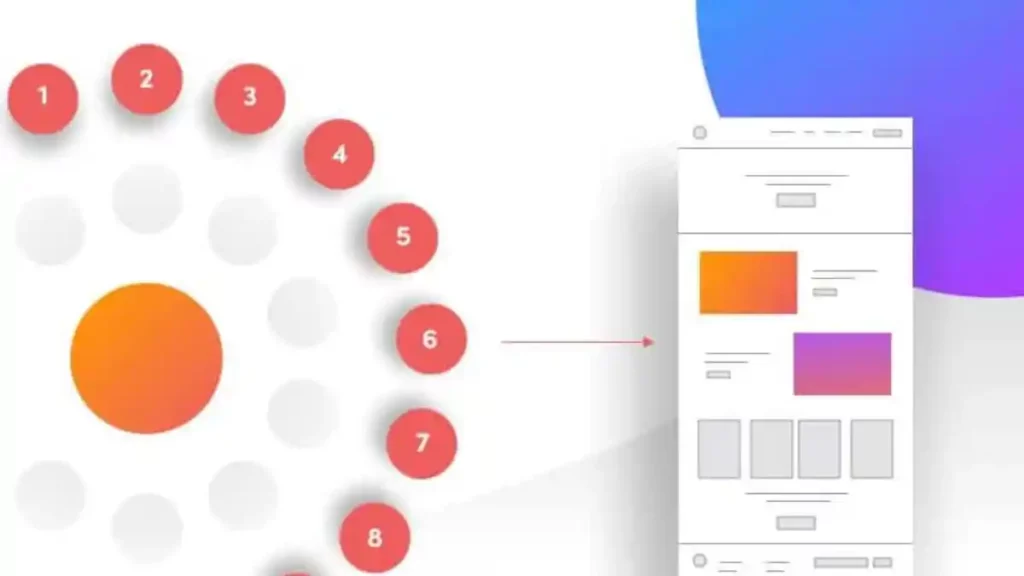
If you’re an author, your website is key to your success. It’s your one-stop-shop for information, promo materials, and social media links. So, it’s essential that your website is well-organized, easy to navigate, and looks professional. Here are the six essential elements of an author-website, and we’ll go over each one by one:
Home/Landing Page
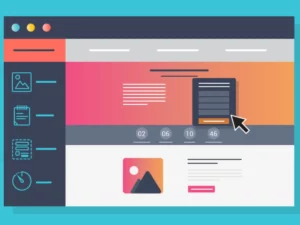
Your home page should introduce you and your work to the readers. It is important that the layout is easy to navigate, providing information on your site title and hero text, author biography, latest book, services, etc.
In addition, post previews (the Latest blog posts) can be great for enticing readers into buying your book—they need not be separate pages! You can also include a contact form or email subscription box, so that readers can stay up-to-date with what you have been publishing.
A Landing page is the page where the user comes by default (typing your domain name). Most of the times it is the home page because the home page summarizes the complete website. However, you can choose to have a different landing page, in case you need it.
For example, if your new book has come out, or you are offering a lucrative discount on one or more of your services, you can create a dedicated page for the event and make it your landing page. Although landing pages are temporary, they can aid in your sales performance.
With a landing page you get the undivided attention of the user on the event you want, so if you have anything that requires the spot light, use a landing page.
Author Biography

Just like an ‘about page’ for a company, author bio is one of the essential elements for an author-website. It tells ther readers about the person who is behind the webpage.
This is the reason, with author biography, it is very important that you put everything about yourself on display (of course, within the bounds of professionalism—no need to broadcast your intimate life). Also, your website and bio page should be well written and thought-through. It’s a good idea to include information about your best books, such as the inspiration behind them or how many copies have you sold so far. You can also feature the awards you’ve won, important reviews and testimonials, and a little about your personal life (remember to keep it professional).
Display a short bio on your home page with a read more link, and place the complete bio either at the end of the home page or a separate page. If your website’s aim is only to sell and market your books, place your entire bio on the home page (it helps in SEO). However, if you also have other services like online courses, editing services, etc., focus your home page SEO it, and create a separate page for your bio.
Books and eBooks Published by the Author

If you are an author, this page is compulsory, but if you are going to be an author soon, and want to start building your brand (which is a good idea), you should not have book’s section with a ‘coming soon’ message—instead put it on your home page and your author bio.
Below are the points how you should design your book’s page:
- The author’s book cover should be eye-catching and should resemble what people would expect from the book.
- You should include information like price and discounts (if any), and links to websites from where the users can buy your book on this page.
- You should also include a brief excerpt about the book, as well as its sales figures, so that potential buyers can inspect it.
- Finally, the author’s bio and contact information, and blog posts/interviews etc., related to the book could also be published on website pages linked to the books. Do not put too much information on one page or it will be confusing.
Blog

A blog is a great way to keep your readers updated on the latest happenings, post new releases, and share articles that are helpful in your field.
The purpose of a blog is to keep your readers interested and engaged with your brand. You should post any updates on your new project, interviews, and peeks into your new book. A blog is also a good option if you want to exhaust your keyword clusters, especially long tail keywords as it helps in SEO. Read more on why a blog is one of the most important elements for an author-website.
You can also write about tips for writing and publishing, as well as interviews with other authors or insightful stories that may inspire others. Also, you can publish occasional blog posts summarizing recent research or highlighting interesting news items from across the web.
If you want to know the benefits of blogging, read more here.
Social Media Links

An author-website without promotion is only a portfolio. To reap the benefits of a website, you must promote it. Social media links will help you maintain a regular connection with your users (via daily posts), and also make it easier for them to share your posts.
Make sure all your social media links are easily accessible and easy to follow. This way, it won’t be hard for readers to find the right post or page when they want to learn more about your brand or product.
Also, keep your social media content fresh and updated so that readers can stay up-to-date with everything you have going on. In addition, include snippets of blog posts within your social media posts for an extra layer of engagement.
You can also use social media as a vehicle to promote other marketing campaigns and activities that you’re running. This will help draw attention from interested parties towards what you’re doing best!
Newsletter Sign-Up Form
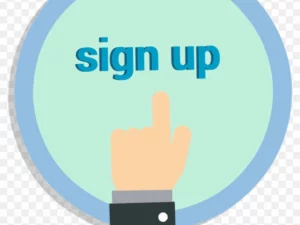
A website has a unique advantage. You can ask your directly for their emails. This is done with different methods like offering free courses, newsletter, free premium content, etc. This unique advantage makes newsletter sign-up form one of the essential elements of an author-website.
When you have a newsletter list, it’s important to make sure that your sign-up form is user-friendly and attractive. Not only will this increase the conversion rate, but will also reduce bounced email addresses.
As a good practice, remember not to spam your users or send them emails of no value. A successful email marketing campaign includes regular contact with content that holds value (like freebies and giveaways).
Some Optional Elements of an Author-Website?
As an author, it is important to have a website that conveys your author persona and message. The points above describe the essential elements of an author-website. However, not every author needs or wants all the same website elements. Here are a few optional website elements that you may choose to include depending on your goals and needs:
Contact Info

You may choose to provide your office address, email, or phone on your website. However, if you do not want or have the resources to answer all queries, there are other ways of including contact info, too.
You can display a contact form or simply include your social media links. In this way, your personal info will not be available on the web and the interested users will still be able to get in touch with you.
With contact information, make sure it is easy to find and navigate. It can be on a separate page or on the home page. You should include links to your contact info page at the top or bottom of every page so that people can easily locate it. Make sure your contact info is accurate and up-to-date—you wouldn’t want people contacting an author who doesn’t exist anymore!
E-commerce Options

E-commerce stores are a good way to sell your books. However, there may be a few restrictions on it.
Some times it has a negative impact on book ranking and promotion. For example, if you are a new self-published author on Amazon KDP, you would want all of your readers to buy on Amazon. This will increase your book’s sales, increasing your ranking and hence successful promotion. Diverting some of your purchases will impact your overall promotion of your book.
Also, if you post too much spammy or irrelevant products, make delivery errors, etc. your reader satisfaction will go down leaving a long-term loss.
Therefore, it is crucial to make sure that the user navigation on your website is easy and fast—otherwise people might switch off from visiting your page altogether! Finally, make sure that payments and deliveries run smoothly so that customers don’t leave negative reviews because of issues with their purchase.
Upcoming Releases
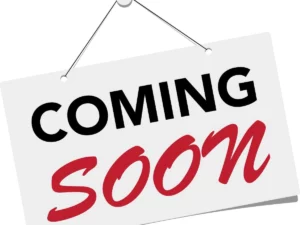
One great way to keep your readers updated on the latest happenings is by publishing information about upcoming releases. This can include the date and time of release, along with any additional details like peeks from the first chapter or a character description.
By providing this information in a timely manner, you will encourage readers to stay up-to-date and informed on all the latest news related to your product or service.
Photos, Videos, Interviews, Podcasts, etc.

It is essential to have plenty of content on your website so readers can find what they are looking for easily. Interviews can be a great way to show your personality and connect with your target audience on a personal level. By talking about topics that interest them, you create trust and credibility together—two important factors when marketing anything online.
Photos and videos also play an important role in website design, as they help users visualize what the author is saying or showing them through images instead of text alone. So opt for your choice of content that suits your niche, website design, and target audience.
Writing, Editing, and Educational Services

Several new authors still have a day job. If you provide writing or editing services or can teach a related course, your website is a great place for it. This can be an effective way of building relationships and generating leads.
Also, with these services, you will create an entirely new range of freebies to attract more users and develop new connections with other writers, editors, designers, etc.
Not only that, but with these services, you can register as a business owner on various websites (like Google business, Facebook marketplace, etc.), which will give you more exposure on the web and will also help improve its SEO potential.
So, with so many benefits, this feature remains optional only if you do not have the resources to offer something. If you can, this becomes one of the essential elements for an author-website.
Tools and Apps

There are two types of tools you could use on your website.
The tools that can help you analyze, improve, and streamline the performance of your website but these tools are a part of your design goal.
The second type of tools that you offer to users on your site, like new authors or bloggers. A wide variety of options are available in this area. From planners that help increase productivity to complicated apps that help plot a novel, you can include anything depending on your target audience and resources.
These tools will open up a new market for you. You cannot argue with the fact, writers are the most sure-shot-readers. So you can capture this vast market if you offer free tools and apps for them.
Awards and Recognitions

If you have awards or recognitions that your target market should know about, include them in your content marketing strategy. This will help draw attention to your work and put you at the top of mind for potential customers. In addition, it can also give you a competitive edge—making it easier to attract new customers and keep those who already support you happy!
This section remains optional as many writers do not have a lot of awards or a share worthy recognition. If you have a single award or a not-so-great achievement, you can include it in your bio. However, if you can create good content with it, this feature also becomes one of the essential elements for an author-website.
Tips and FAQs for Other Authors

To grow your connections within the writing community, you can use your expertise and write tips and FAQs that may help other authors and writers.
Although it may seem futile to give tips about writing to other writers, you never know what a writer may find useful. A romance writer trying to put a mystery element may benefit from your article, and thus you never know who you are helping.
Even if you are a new writer, don’t consider writing tips a proud activity—you might find something to share with the world. Take me as an example. I have only published one book until now and I am sure many writers are much more experienced than me. However, I am good at technology and spirituality—which is beneficial for all writers but may lack—hence by blogging.
Fan Page/Forum

A website is not just a publishing platform—it is an opportunity to connect with your fans, build relationships, and promote your author persona. If it suits your needs, you may have a fan page that reflects the fun, is engaging and informative.
However, weigh in the pros and cons of a fan page. If you are a new author, a fan page is vain and adds clutter to your website. However, if you already have a fan base which is eager to connect to your website, you may choose to have one.
First, you should have a robust platform and hosting to support that type of user accounts, traffic, discussions, and posts (images, videos, chats, etc.).
Second, you will need to level up the security of your website as you may attract spam, offensive content, etc.
Last, you should be able to monitor your fan page closely, if you want to build connections and use your fan page to its best.
Calendar

Creating an event listing form on your website is a great way to increase registrations for upcoming events. Most authors nowadays use a calendar on their website to keep track of book signings, author readings, and other events.
Make sure that your website design is compatible with having a calendar—it should be modern and look neat. You can also add images, videos, and blog posts related to the calendar date.
Conclusion
An author-website is an essential part of any author’s marketing strategy. By having an author-website, you can connect with your readers and build a personal connection with them. You can also showcase your work and connect with other authors through blog posts, social media, and more. While there are no limits to what you can include on an author-website, the aforementioned six elements are essential for a website that is designed for authors. Also, you may choose other elements to make your website feature rich, engaging, and to add value. So, keep them in mind while designing your website! Thanks!
More Resources:
How to create a WordPress website from scratch.
How to make your website look more professional.
